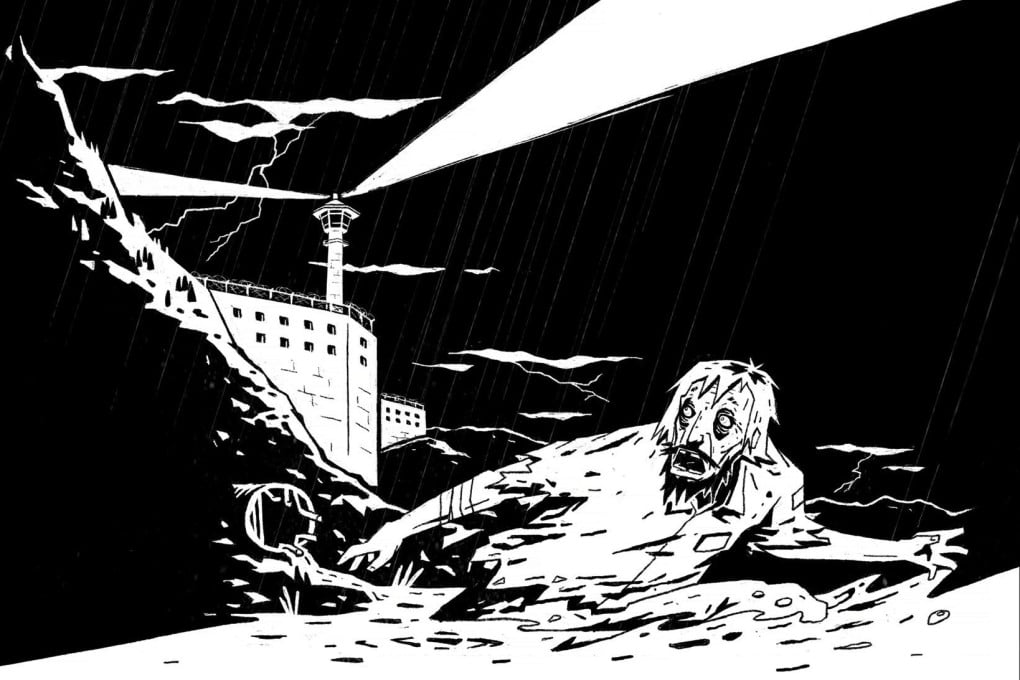Where is Christian Beasley? The US citizen lost in Bali’s prison system
- Christian Beasley escaped from one prison, only to be recaptured and incarcerated on the Indonesian island of Bali, where he is haunted by traumas past and present

I have evidence, videos and photographs,” says the 34-year-old American, gripping a set of prison bars with white knuckles. “Serious stuff.”
In this remote corner of Bali, Christian Beasley will not elaborate until his “people on the outside check me out”, but, “maybe”, he says, “we can help each other”.
Beasley is one of 573 inmates of Bangli 2 Narcotics Prison, a high-security facility with a maximum capacity of 468, reserved for drug convicts and prison breakers, of which he is both.
“With this evidence,” says Beasley, glancing suspiciously from side to side, “we could bring down the whole prison system.”
He refuses to elaborate, and I can only speculate as to what it might be. A video of a prisoner being tortured? A judge receiving a fat wad of cash? It feels just as likely to be a conspiracy theory cooked up in a mind unravelled by lifelong mental illness, compounded by years of incarceration, which have included a brutal six-month stint in a punishment block that contravenes the United Nations Convention Against Torture. In Indonesia, many lawmakers consider drug offenders worse public enemies than terrorists.

Despite his confinement, Beasley appears clean, albeit thin as a rake, sporting a bob of messy mid-length hair that makes him look a decade younger than he is. I am about to ask him to elaborate on this “evidence” when a guard arrives and says the maximum half-hour visiting time is up, and the prisoner is led away.